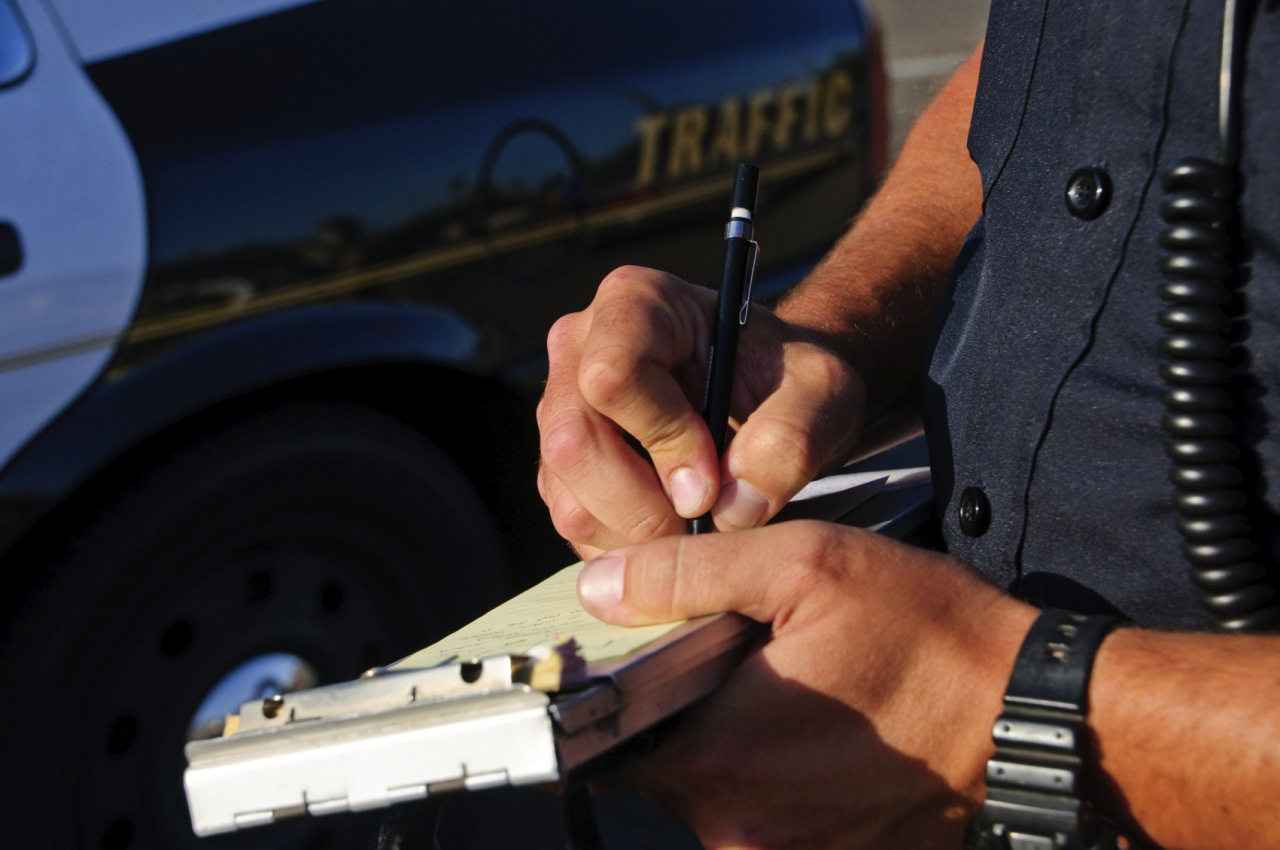
On October 1, 2015, the amnesty program for unpaid traffic and non-traffic infraction tickets kicked off in California. Under the program, eligible Californians who have unpaid infraction tickets have the opportunity to have their debt reduced by half or more and to have their driver’s license reinstated.
Each county has its own rules related to the amnesty program. California consumers are being warned that some debt collectors managing the amnesty program for some counties are giving consumers inaccurate information about the program or not telling them they are eligible. According to the California Attorney General’s office, some of the complaints received regarding the debt collectors include:
- Debt collectors incorrectly telling eligible consumers that they don’t qualify for amnesty;
- Debt collectors not telling eligible consumers about the program.
- Debt collectors pressuring consumers to make “good faith” payments, but not relaying that such payments will make them ineligible for debt reduction.
- Debt collectors failing to ensure that the Department of Motor Vehicles (DMV) receives notice that consumers have completed their payments under the amnesty program.
Consumers should be aware that the amnesty program, which began October 1, 2015, continues through March 31, 2017. Eligible violations include unpaid tickets and related “failure to appear” violations with an initial payment due date on or before January 1, 2013, and some misdemeanors. Parking tickets, citations for reckless driving, and citations for driving under the influence (DUI) are not eligible.
Some individuals are not eligible for the debt reduction portion of the amnesty program, but may still be able to have their driver’s license reinstated under the program. These include:
- People whose ticket had an initial due date of January 2, 2013, or later.
- Individuals who owe victim restitution on any case in the county where the ticket was issued.
- Persons with certain outstanding misdemeanor or felony warrants in the county where the ticket was issued.
- People whose ticket had an initial due date of January 1, 2013, or earlier, but who made a payment on the ticket after September 30, 2015.
To request more information or check eligibility, contact the Superior Court in the county that issued the ticket. If you have received inaccurate or false information from a debt collector in regards to the program, file a complaint with Business Consumer Alliance (BCA).
Make sure to follow BCA on Facebook and Twitter for the latest information and scam watch notices. And remember before you pay, check BCA!
About Business Consumer Alliance
Business Consumer Alliance (BCA) is a non-profit company that started in 1928. The broad purpose of BCA is to promote business self-regulation. BCA's mission is achieved by assisting consumers in resolving complaints with businesses and using that complaint information, along with other relevant information such as customer reviews, to forecast business reliability. With community support, BCA can identify trustworthy and ethical businesses and warn the public to avoid unscrupulous businesses whose purpose is to defraud the marketplace. BCA also helps businesses promote themselves by providing services and tools to protect their business and reach out to their customers. BCA obtains its funding from member businesses who support the mission and purpose of the organization and who agree to abide by high standards of ethical business practices.